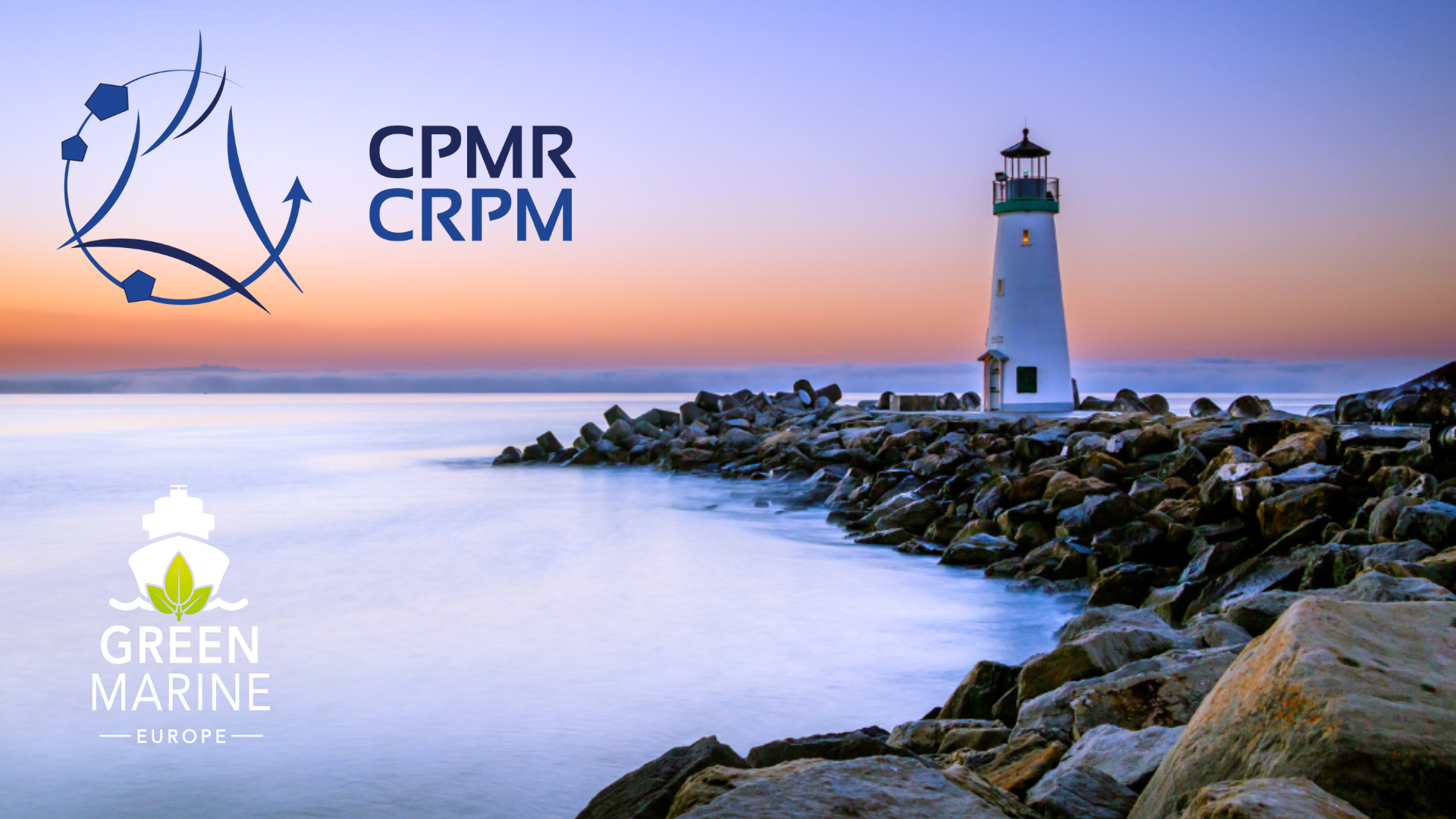
The Conference of Peripheral Maritime Regions joins Green Marine Europe
The Conference of Peripheral Maritime Regions (CPMR) has joined the associations supporting Green Marine Europe.
Maritime policies and blue growth at the heart of the CPMR's actions
The CPMR brings together more than 150 Regions from 24 States of the European Union and beyond.
Representing nearly 200 million citizens, the CPMR and its six Geographical Commissions work to promote more balanced development of Europe's territory. They act as both a think tank and a lobby for the Regions.
Thanks to its vast network of contacts within EU institutions and national governments, the CPMR has been working since its creation in 1973 to ensure that the needs and interests of its member regions are taken into account in all policies with a strong territorial impact.
Its main objective focuses on social, economic, and territorial cohesion, maritime policies and blue growth, and territorial accessibility.
Maritime transport, a strategic priority for CPMR member regions
Maritime transport is of key importance for CPMR member regions. Because of their dual peripheral and maritime vocation, it is both a vital link contributing to their accessibility and a major economic activity for their territories.
Green Marine Europe and the CPMR: a shared environmental ambition
The peripheral and maritime Regions are committed to reducing their environmental footprint through Green Marine Europe.
Its ambition to guide the maritime industry "towards environmental excellence by encouraging maritime companies to adopt concrete and measurable actions that go beyond regulatory requirements" is thus naturally in line with the CPMR's objectives. In addition, this certification includes key players from the association's member regions.
Fit for 55 and update of the Erika Package among the CPMR's topical issues
The CPMR is paying particular attention to the final stages of negotiations on the legislative elements making up the "Fit for 55" package, especially its maritime components. It will be closely monitoring their implementation, for which it has high expectations. At the same time, it is paying particular attention to the updating of the Erika package, for which it expects strong commitments from the European Union.